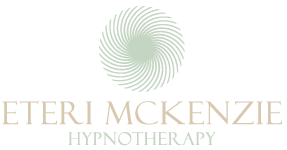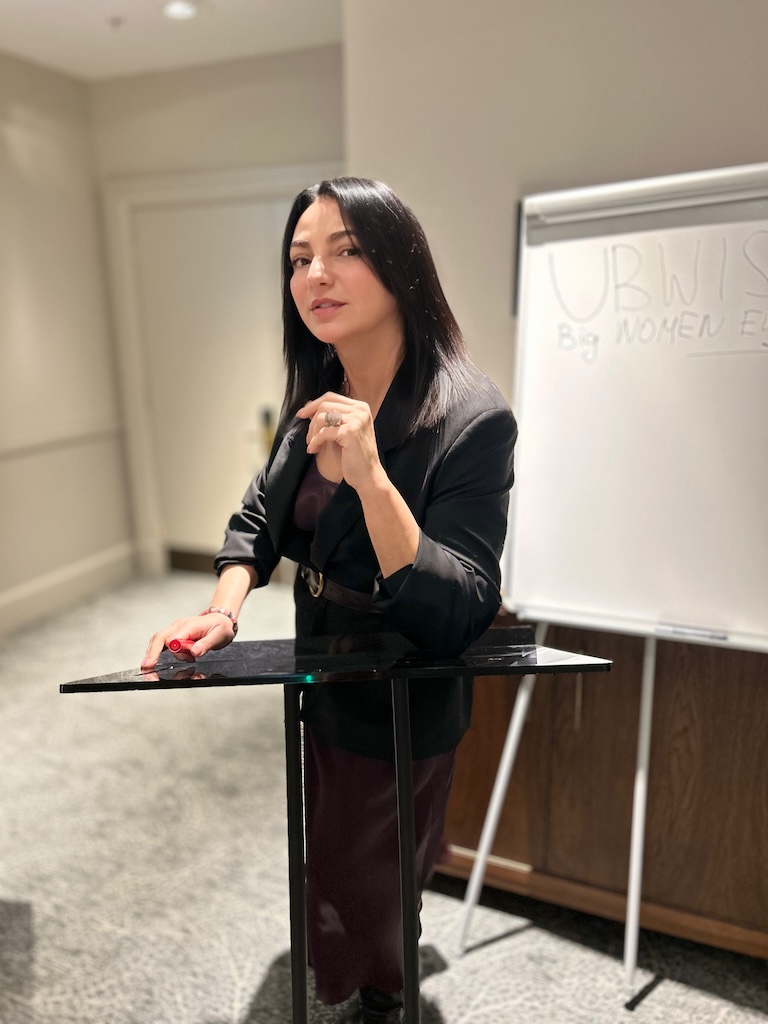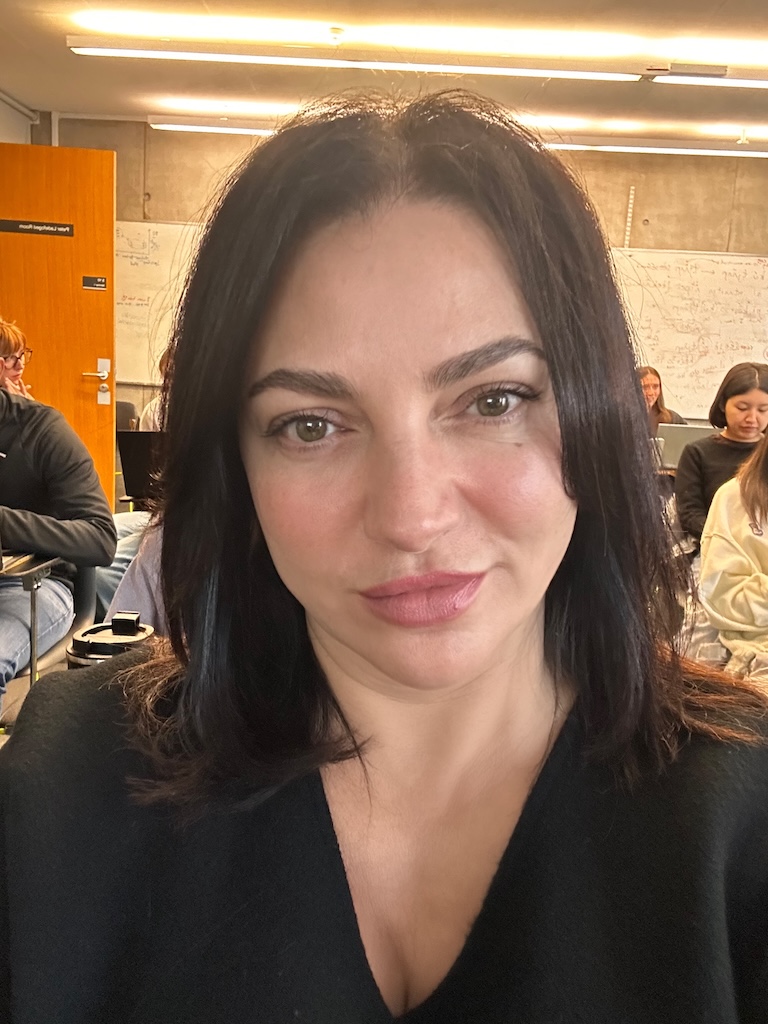The Power of Shared Experiences: How Connection Calms the Nervous System.
Last week, I sat beside my daughter in a small, dimly lit theatre at the Edinburgh Fringe Festival. As the lights faded and the room stilled, we became absorbed in the same unfolding story. No phones. No talking. Only silent attention shared between us.
In that hour, something powerful happened beneath the surface. Our nervous systems began to synchronise. We were not bonding through words or fixing anything. Instead, our bodies recalibrated through the simple act of being present together. That quiet connection is the unseen magic of shared experience.
Neuroscience continues to show how moments like these regulate the nervous system. They calm the brain, lower stress levels, and restore emotional safety.
The Science Behind Shared Moments
Connection does not always grow through deep conversations or big gestures. Sometimes it happens in silence, through shared music, laughter, or a mirrored expression. Even small moments of mutual focus can build connection.
From a neuroscience perspective, these experiences activate the brain’s social engagement system. This network, part of the ventral vagal branch of the parasympathetic nervous system, signals safety, calm, and relational presence.
When people share an experience, several things occur:
- Oxytocin is released, especially when there is emotional synchrony, such as laughing together.
- The amygdala, the brain’s alarm system, relaxes when we feel safe around others.
- Mirror neurons fire, helping us sense another person’s emotional state.
- The default mode network quiets down, allowing the mind to rest rather than overthink.
As a result, shared experience regulates your nervous system even when no words are exchanged. Consequently, co-presence becomes one of the most natural ways to restore balance and calm.
Why This Matters for Mental Health
As a clinical hypnotherapist in Edinburgh, I often work with high-achieving overthinkers who feel alone in their stress. They replay thoughts, struggle to rest, and believe connection must come through vulnerability. However, that belief often adds more pressure.
In reality, your nervous system benefits just as much from quiet co-presence. Ordinary moments of simply sitting beside someone can shift physiology from tension to calm.
How Hypnotherapy Recreates Safe Connection
In Solution-Focused Hypnotherapy, clients learn to access safety through guided imagery and suggestions. These techniques simulate co-regulated, emotionally secure environments. Even an imagined connection activates fundamental changes in the brain.
For example, visualising a calm shared space can influence the same neural pathways involved in actual social connection. It is one of the most effective and well-researched brain-based tools used in hypnotherapy today.
When We Neglect Shared Experience
Modern life encourages disconnection. People multitask through meals, check emails while watching TV, or scroll through phones during conversations. As a result, they miss out on moments that could soothe their nervous systems.
Over time, this constant fragmentation leaves the brain overstimulated and starved for regulation. Without shared experiences, the mind starts to interpret the world as more threatening and unpredictable than it truly is.
When that happens, it often shows up as:
- Chronic anxiety
- Emotional fatigue
- Difficulty focusing
- Disconnection from others
- Disrupted sleep patterns
Therefore, creating intentional moments of shared presence is not indulgent; it is essential emotional maintenance.
Real Connection in Everyday Life
Fortunately, you do not need a festival or retreat to experience co-regulation. The body responds to even the simplest forms of togetherness.
For instance, you can:
- Sit in silence with someone you trust.
- Watch a film without using devices.
- Cook or share a meal side by side.
- Take a slow walk together.
- Listen to music in the same room.
- Laugh at the same story or memory.
Each of these moments quietly tells your brain, You are safe. You are not alone. You can exhale now.
Moreover, these small gestures have cumulative effects. Over time, they train the nervous system to recognise safety and connection as its default state rather than stress or isolation.
Shared Experience in Hypnotherapy
In my Edinburgh-based hypnotherapy practice, guided co-experience is one of the most powerful tools. During sessions, clients visualise being with someone who makes them feel calm, grounded, or protected.
Sometimes the image comes from memory; at other times, it is imagined. In both situations, the outcome is similar. The nervous system settles, emotional resilience strengthens, and a deep sense of inner safety re-emerges.
This process explains why hypnotherapy works so effectively. It does not simply make you “let go.” Instead, it retrains your brain and body to remember what safety and connection feel like, even after long periods of stress or isolation.
Shared Experience Is Healing and Free
You do not need to attend therapy to benefit from this understanding, though if you are seeking Solution-Focused Hypnotherapy in Edinburgh or online, I am here. What matters most is allowing yourself the time and permission to be fully present with others.
You deserve to sit next to someone without needing to fix anything.
You deserve to feel safe without having to explain yourself.
You deserve to reconnect without overthinking how.
This Week’s Invitation
Before this week fills with tasks and responsibilities, pause for a moment and ask yourself:
- When was the last time I shared a quiet moment with someone?
- What could that look like this week, even for ten minutes?
- Who might need that moment with me, even if they never say it out loud?
Let your nervous system breathe.
Let your mind rest in connection.
Let ordinary moments become sacred again.
Neuroscience reminds us that the deepest healing does not always come from talking.
Sometimes, it comes from simply being together in the quiet.
Learn more about how solution-focused hypnotherapy works
📍Based in Edinburgh | Specialist in Solution-Focused Hypnotherapy for Anxiety
📩 Book a consultation or explore more at https://www.eterimckenziehypnotherapy.co.uk/booking/




